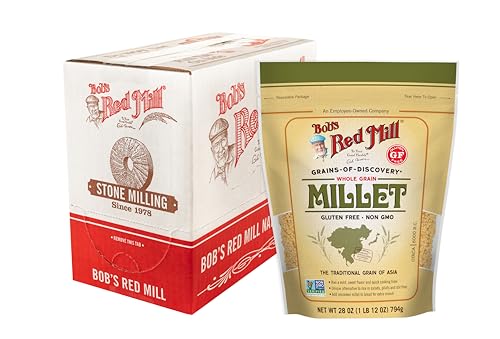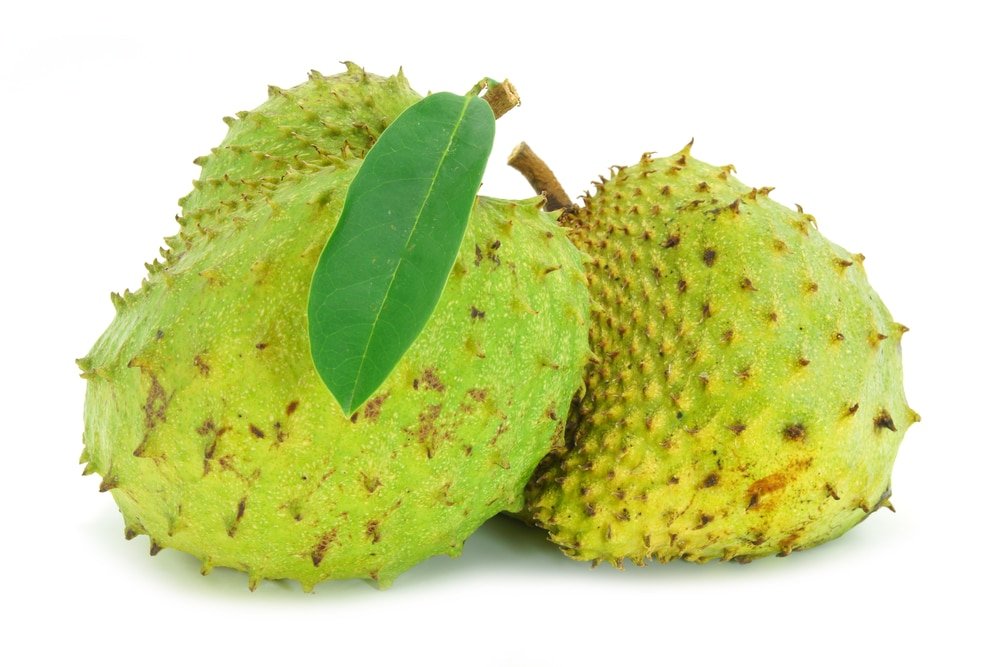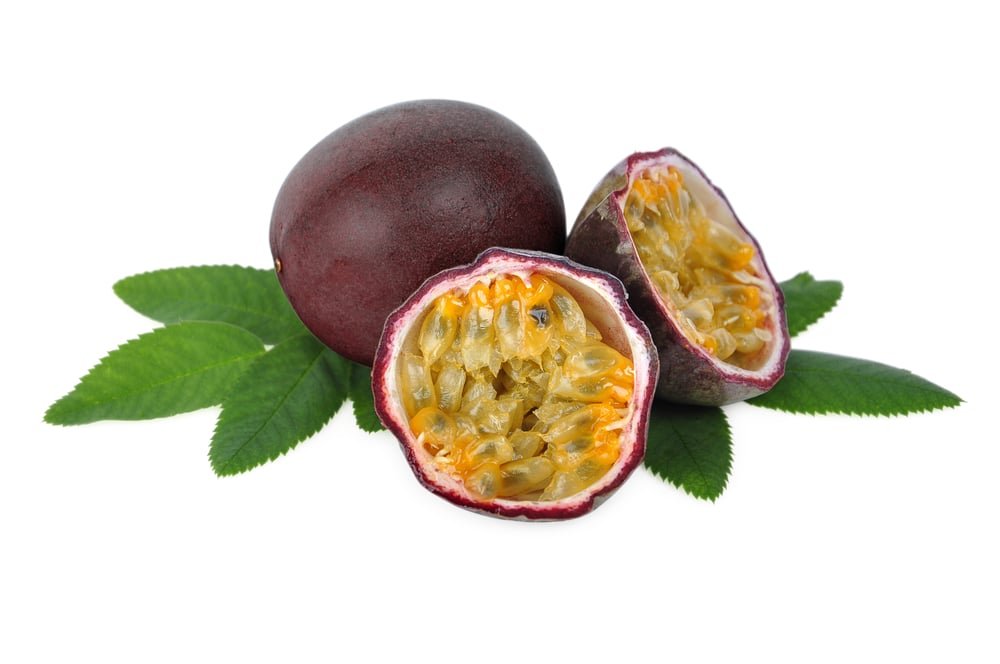Millet health benefits includes promoting good digestion, preventing asthma, helps get rid of LDL cholesterol, clear up toxin from the body, helps manage diabetes, helps prevent cancer and support a healthy heart. Other benefits includes preventing anemia, helps repair body tissue, provide gluten-free alternative and helps prevent gallstones.
What is Millet?
Millet is a food staple for many diets throughout the world. Millet has been grown for centuries in Africa, Egypt and other parts of Europe. For the most part, its types grew wild in Africa before being cultivated. Records are showing the farming of Broom yard millet since 8000 B.C in China.
The people of Sudan have been growing pearl millet since 4000 B.C and in Egypt for 3000 B.C. There is also a kind of millet named “panic” which has been growing in parts of Asia and Europe. Israelites started farming millet by 400 B.C along with the Greeks and Sumerians. The panic millet was also being used as birdfeed by many countries. The Chinese and the Africans started making beer and wine out of it.
It is an excellent crop which resembles the corn on a cob when growing. It can easily grow in cold and arid regions in a time span of as less as 70 days. This property is what made it so popular in China and Europe. It was mostly being harvested for food. It was eaten like oatmeal or porridge.
Millet Nutritional Facts
Millet is considered one of the worlds healthiest foods and is packed full of nutrients. It is composed of 14.00 mg Calcium, 0.535 mg copper 3.94mg iron, 119.0mg magnesium, 1.002 mg manganese, 32.7mcg selenium, and 224.00mg potassium and 285.oo mg phosphorus per 100-grams. It also contains many vitamins such as niacin, riboflavin, Pantothenic acid, Folate, Folic acid, Vitamin B6, Vitamin C, Vitamin E, and Vitamin K.
The nutritional value is enough to understand the benefits of this wonderful grain further.
Here are 11 of the impressive Health Benefits of Millet
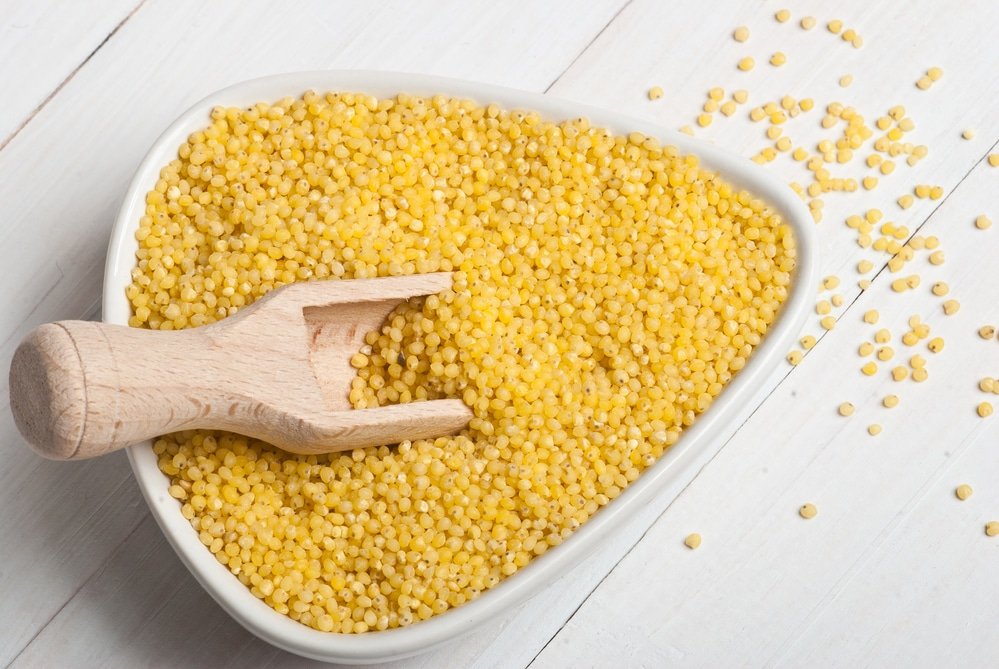
1. Good Digestion
An unhealthy digestive system can be the cause of many health-related issues. It can prevent your body from absorbing an adequate amount of nutrition. It provides up to 9 grams of fiber per 100-gram of serving. The fiber present in millet helps in healing illnesses such as diarrhea and gastrointestinal disorders. Regularly making millet a part of your diet will help maintain a healthy gut and prevent peptic ulcers and colon cancer.
2. Asthma Prevention
Wheat is often considered an allergen in cases such as Asthma, but, the good news is the composition of millet makes it a beneficial grain for Asthma patients. There have been observations that show millet significantly reducing the effects of Asthma and may be beneficial for preventing it.
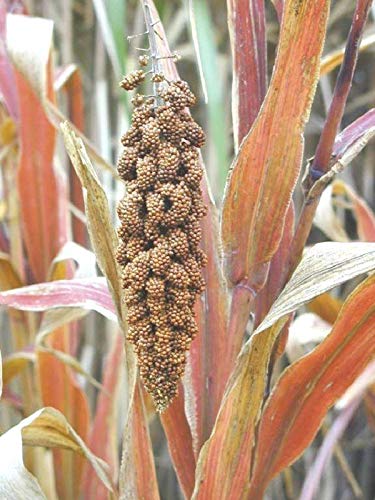
3. Cholesterol Regulation
Fiber a beneficial element for many illnesses is the best way to control cholesterol in our bodies and prevent it from clogging the arteries. The fiber present in it often conducts a cleaning operation in the body and helps get rid of LDL cholesterol. This protects the body from various diseases.
4. Clear up Toxins
A toxin-free body is a goal. Recent studies have made it quite clear that a toxic bloodstream can be the reason of contracting multiple diseases at once. There are many ways to keep detoxifying the body, as it accumulates toxins every day. Millet contains catechins such as Quercetin that help keep the kidney and liver functioning properly by excreting the toxins from the body.
5. Diabetes Management
One of the most common diseases affecting millennials, diabetes is the gateway to a host of diseases. It has been observed that people who have incorporated millet into their diets are less likely to be affected by this disease. Millet contains a good amount of magnesium which helps the body use produce insulin efficiently and also prevent the occurrence of diabetes. Eating millet has also shown to keep the sugar levels in check.
6. Cancer Prevention
Free radicals, the culprits responsible for causing oxidative damage both in and out. This oxidative damage is the cause of many diseases such as cancer. Millet is an antioxidant-rich grain containing quercetin, selenium and pantothenic acid which protect the body from producing cancerous cells.
Some studies link adequate consumption of fiber to the prevention of breast cancer in women. Women who consume more than 30 % fiber per day are often safe from the effects of breast cancer.
7. A Healthy Heart
The heart is a vital organ which is responsible for pumping the blood throughout the body; an unhealthy heart has severe consequences. The best way to ensure a healthy body and mind is to be aware of the right choices of foods. Millet is a good source of fiber, which helps maintain the cholesterol in the body and keep a healthy blood flow. It also contains magnesium which regulates the blood pressure and potassium functions as a vasodilator.
8. Prevents Anemia
Anemia, especially in women who are expecting is extremely dangerous and can lead to fatal deceases. Millet is composed wonderfully to help prevent anemia or to cope with it. The folic acid, folate, and iron present in millet are the key components in the formation of red blood cells and helps keep the hemoglobin to an adequate level. Millet is a good source of copper which also aids in making red blood cells.
9. Celiac Friendly
Most grains contain gluten and cause allergic reactions in people suffering from celiac disease. They are gluten intolerant and cannot consume staples such as wheat. This is where millet, being a gluten-free alternative fulfills their requirements. It is considered a grain due to its texture but is a seed which makes it a good alternative.
10. Helps Repair Body-Tissue
Phosphorus, the mineral that does it all. It is the mineral that helps in forming the structure of the cells in the body, helps form the mineral matrix of the bone and aids the molecules that are the source of energy for our body. Millet is a good source to get the phosphorus intake required for the body to perform all these functions. Phosphorus is also a component of cell membranes and nervous system structures.
11. Prevents Gallstones
Some studies indicate the role of insoluble fiber in preventing the formation of gallstones. There is a lot of research which shows that consumption of millet and other similar fibers helped reduce the risk of gallstones. This is due to the reduction in intestinal transit time, aided by the consumption of fiber. It also reduces the secretion of bile acid, which is known to cause gallstones.
Bottom Line
Millet has a unique composition of beneficial nutrients. It has an advantage over other grains of growing in a short period in areas other grains may fail too. It is also gluten-free and can make rather a delicious bowl of porridge. Some countries also use millet flour in making flatbread.

Join the 7‑Day “Better Gut” Plan
Pop in your email and we’ll send Lesson 1 + the printable list.





